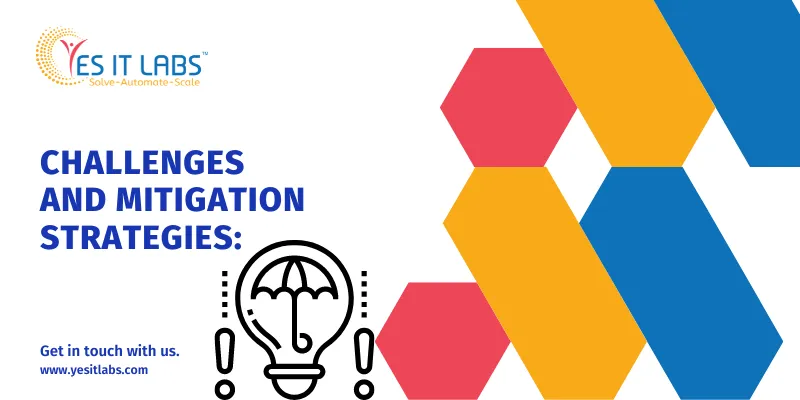Hey there, fellow health enthusiasts! Today, let’s dive into the transformative world where technology meets healthcare – a place where software development companies play a crucial role in shaping the future of our well-being.
Healthcare has come a long way from the days of paper records and clipboards. With the advent of software development services tailored for the industry, we’ve witnessed a revolution in how medical professionals manage patient data, streamline operations, and ultimately enhance the quality of care. So, grab your virtual stethoscopes as we explore the remarkable impact of software development in healthcare.
The Rise of Software Development Companies in Healthcare
Gone are the days of cumbersome, error-prone manual processes. Today, healthcare providers are increasingly turning to software development companies to craft customized solutions that address their unique challenges. These companies specialize in creating robust software applications, ranging from Electronic Health Records (EHR) systems to telemedicine platforms, designed to improve efficiency, accuracy, and patient outcomes.
Time is of importance in the hectic world of healthcare. Software development services empower medical professionals to automate routine tasks, such as appointment scheduling, billing, and prescription management, allowing them to focus more on delivering personalized care to patients. By harnessing the power of technology, healthcare providers can streamline workflows, reduce administrative burdens, and allocate resources more effectively.
Enhancing Patient Care Through Innovation
At the heart of every healthcare endeavor lies the well-being of patients. Software development companies play a pivotal role in enhancing patient care through innovation. Take, for instance, the advent of mobile health applications. These user-friendly apps enable patients to monitor vital signs, track medication adherence, and even consult with healthcare providers remotely, fostering greater patient engagement and empowerment.
Moreover, software solutions equipped with artificial intelligence (AI) and machine learning capabilities are revolutionizing diagnostics and treatment planning. By analyzing vast amounts of medical data, these intelligent systems can assist clinicians in making more informed decisions, leading to earlier detection of diseases, personalized treatment strategies, and improved clinical outcomes.
The Promise of Interoperability and Data Integration
In the complex landscape of healthcare, interoperability – the ability of different systems to communicate and exchange data seamlessly – is paramount. Software development companies are at the forefront of driving interoperability initiatives, ensuring that disparate healthcare IT systems can interconnect and share information securely.
By facilitating data integration across various platforms, from hospital networks to wearable devices, software solutions empower healthcare providers with a comprehensive view of patients’ medical histories, enabling more coordinated and informed care delivery. This interoperability not only enhances clinical decision-making but also promotes continuity of care as patients transition between different healthcare settings.
Navigating Regulatory Compliance and Security Challenges
As stewards of sensitive patient information, healthcare organizations must adhere to stringent regulatory requirements, such as the Health Insurance Portability and Accountability Act (HIPAA) in the United States. Software development companies specializing in healthcare must navigate these regulatory complexities and prioritize data security at every stage of the development process.
From implementing robust encryption protocols to conducting regular security audits, these companies employ rigorous measures to safeguard patient data against breaches and unauthorized access. By adhering to industry standards and best practices, software solutions in healthcare uphold the highest standards of privacy and confidentiality, instilling trust among patients and healthcare professionals alike.
Collaborating Towards a Healthier Future
In the ever-evolving landscape of healthcare, collaboration is key to driving meaningful change. Software development companies, healthcare providers, researchers, and policymakers must work hand in hand to harness the full potential of technology in advancing public health initiatives, improving access to care, and addressing disparities in healthcare delivery.
By fostering a culture of innovation and collaboration, we can leverage software development to tackle some of the most pressing challenges facing the healthcare industry, from chronic disease management to global health crises. Together, we can build a healthier future for generations to come.
What software does the healthcare industry use?
The healthcare industry relies on a wide range of software to facilitate various functions and improve patient care. Some common types of software used in healthcare include:
- Electronic Health Records (EHR) systems: These digital versions of patients’ paper charts contain comprehensive information about their medical history, diagnoses, medications, treatment plans, immunization dates, allergies, radiology images, and laboratory test results. EHRs streamline the sharing of patient information among healthcare providers, enhance communication, and improve patient safety.
- Practice Management Software: This software assists healthcare providers in managing their administrative and financial tasks, such as scheduling appointments, billing and claims processing, managing insurance information, and generating reports for regulatory compliance and financial analysis.
- Telemedicine Platforms: Telemedicine software enables remote consultations and virtual appointments between healthcare providers and patients. It facilitates real-time communication via video conferencing, secure messaging, and remote monitoring tools, allowing patients to access medical care from the comfort of their homes.
- Medical Imaging Software: Radiology and imaging departments utilize specialized software for storing, viewing, and analyzing medical images, including X-rays, MRI scans, CT scans, ultrasounds, and mammograms. These software solutions often feature advanced image processing algorithms, annotation tools, and 3D reconstruction capabilities to assist radiologists in interpreting and diagnosing medical conditions accurately.
- Clinical Decision Support Systems (CDSS): CDSS software provides healthcare professionals with evidence-based guidelines, medical knowledge databases, and predictive analytics to assist in clinical decision-making. These tools help clinicians diagnose diseases, prescribe appropriate treatments, and prevent medical errors by integrating patient-specific data with relevant medical literature and best practices.
- Health Information Exchange (HIE) Platforms: HIE software facilitates the electronic exchange of health information between different healthcare organizations, such as hospitals, clinics, pharmacies, and laboratories. It promotes interoperability, care coordination, and continuity of care by enabling secure data sharing and communication across disparate healthcare systems.
These are just a few examples of the software solutions that play a crucial role in modern healthcare delivery. As technology continues to evolve, new innovations and advancements will continue to shape the landscape of healthcare software.
What is the SDLC model for healthcare?
The Software Development Life Cycle (SDLC) model for healthcare follows a structured approach to developing and implementing software solutions tailored to the unique needs and requirements of the healthcare industry. While there are various SDLC models, the following phases are commonly applied in healthcare software development:
- Requirements Analysis: This phase involves gathering and documenting the specific needs and functionalities expected from the healthcare software. It includes conducting stakeholder interviews, analyzing existing workflows, and defining clear objectives and success criteria for the project.
- Design and Prototyping: In this phase, the development team creates a detailed design and prototype of the software based on the gathered requirements. This includes defining the system architecture, user interface design, data models, and functional specifications to guide the development process.
- Development: Once the design is finalized, the development team begins coding the software according to the specified requirements. This phase involves writing clean, efficient code, implementing necessary features and functionalities, and adhering to coding standards and best practices.
- Testing and Quality Assurance: Rigorous testing is conducted to identify and rectify any defects or issues within the software. This includes functional testing, performance testing, security testing, and usability testing to ensure the software meets the highest standards of quality, reliability, and regulatory compliance.
- Deployment and Integration: After successful testing, the software is deployed to production environments and integrated with existing systems within the healthcare infrastructure. This phase requires careful planning and coordination to minimize disruptions and ensure a smooth transition to the new software.
- Maintenance and Support: Even after deployment, the software requires ongoing maintenance and support to address any issues that may arise, incorporate updates and enhancements, and ensure optimal performance and usability over time. This includes providing technical support, troubleshooting problems, and implementing software updates based on user feedback and evolving requirements.
By following this structured SDLC model, healthcare organizations and software development companies can ensure the successful delivery of high-quality software solutions that meet the needs of healthcare providers and patients while adhering to industry standards and regulations.

Advancing Technology Trends Shaping the Future Landscape of Healthcare Software Development in 2024
As we step into 2024, several technology trends are poised to shape the future landscape of healthcare software development, revolutionizing the way medical care is delivered and managed. One of the prominent trends is the widespread adoption of artificial intelligence (AI) and machine learning (ML) algorithms in healthcare software. These advanced technologies enable predictive analytics, personalized treatment recommendations, and the automation of repetitive tasks, leading to more efficient healthcare delivery and improved patient outcomes.
Another significant trend is the proliferation of telemedicine and remote patient monitoring solutions, driven by the increasing demand for virtual healthcare services and the need for continuous monitoring of patients’ health outside traditional clinical settings. Telemedicine platforms leverage video conferencing, secure messaging, and wearable devices to facilitate remote consultations and real-time patient monitoring, enhancing access to healthcare and promoting patient engagement.
Furthermore, blockchain technology is gaining traction in healthcare software development company, offering secure and transparent solutions for managing electronic health records, ensuring data privacy, and facilitating interoperability among disparate healthcare systems. By leveraging blockchain’s decentralized architecture and cryptographic techniques, healthcare organizations can enhance data security, integrity, and accessibility, ultimately improving the quality and efficiency of patient care.
Overall, these technology trends underscore the transformative potential of healthcare software development in driving innovation, enhancing patient-centric care delivery, and ultimately, shaping the future of healthcare in 2024 and beyond.
Conclusion
As we’ve journeyed through the intersection of software development company and healthcare, it’s clear that the impact of technology transcends mere convenience – it’s a catalyst for profound transformation. Software development companies play a pivotal role in shaping the future of healthcare, driving innovation, enhancing patient care, and navigating the complex landscape of regulatory compliance and security.
So, the next time you step into a doctor’s office or engage with a telemedicine platform, take a moment to appreciate the intricate software solutions working tirelessly behind the scenes to support your health and well-being. With continued collaboration and innovation, we can build a healthier world, one line of code at a time.
Remember, your health is your greatest asset – let’s harness the power of technology to nurture it, protect it, and ensure a brighter, healthier future for all.
Tags:
best software development company,
best software development company in usa,
Custom Software Development,
healthcare software development,
software development company in usa,
Software Development in Healthcare









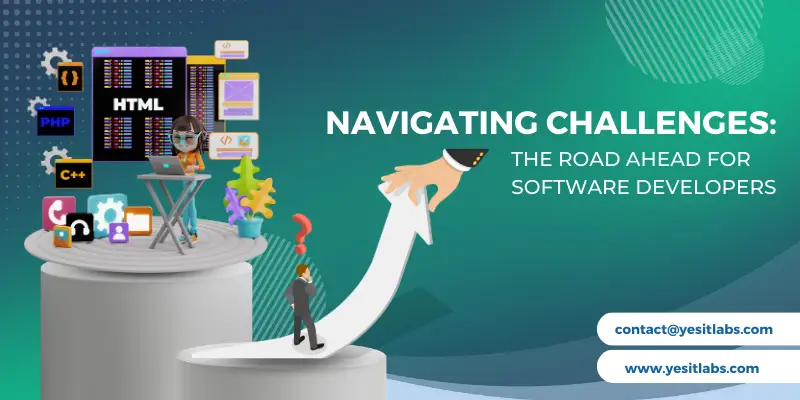

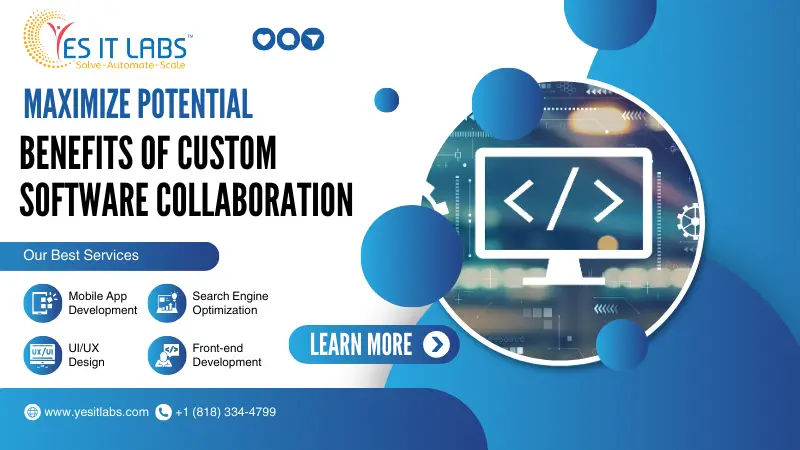
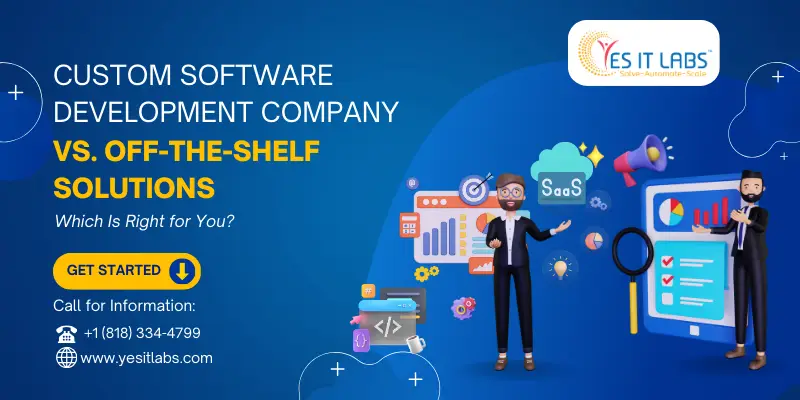



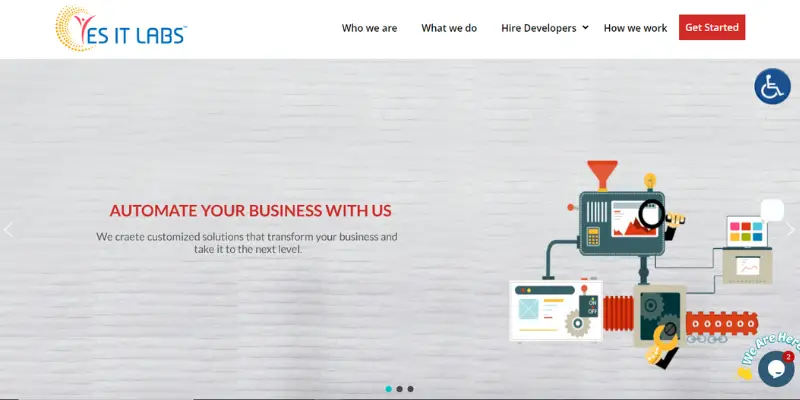
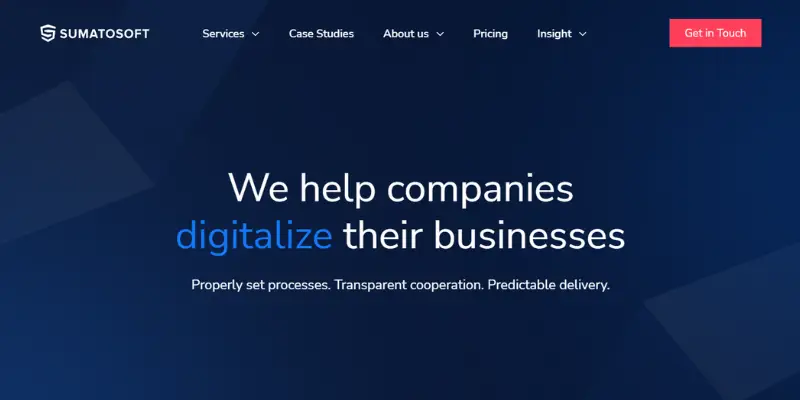
 WEZOM: Enterprise Software Development
WEZOM: Enterprise Software Development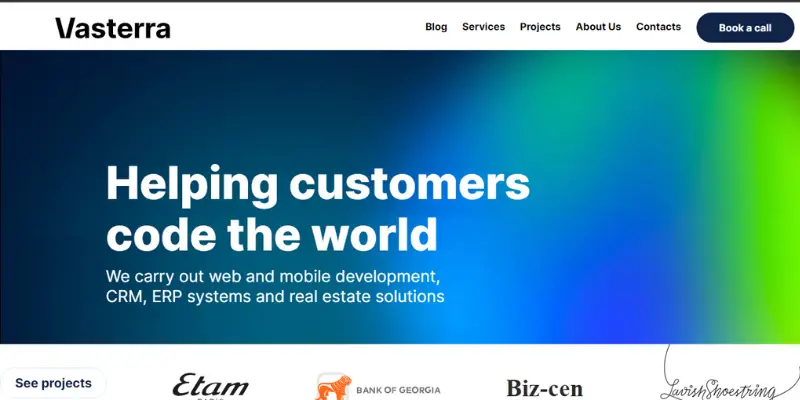 Vasterra Helping customers code the world
Vasterra Helping customers code the world Enterprise Software Development Company — ITRex
Enterprise Software Development Company — ITRex Stateside Agency- Software Development Company
Stateside Agency- Software Development Company iTechArtGroup
iTechArtGroup 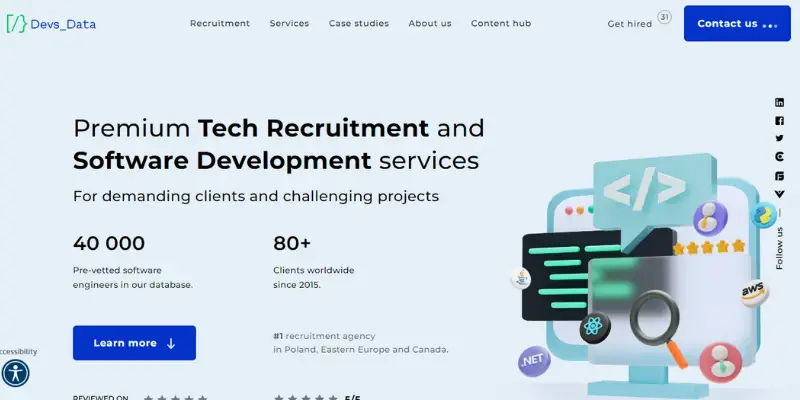 DevsData Tech Talent – Premium IT Recruitment and Software Development Services.
DevsData Tech Talent – Premium IT Recruitment and Software Development Services. Digital Transformation Services | Indeema Software
Digital Transformation Services | Indeema Software




